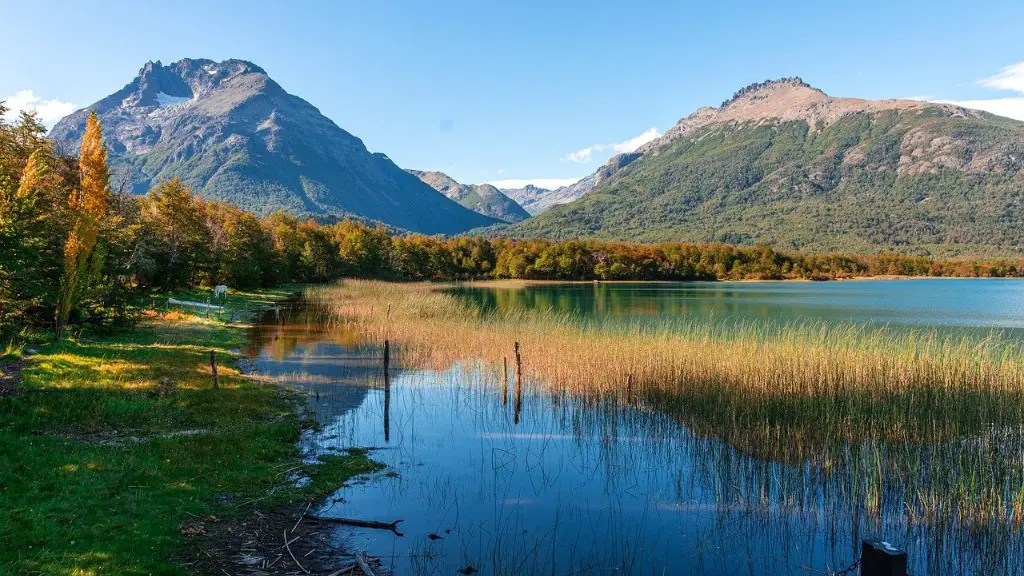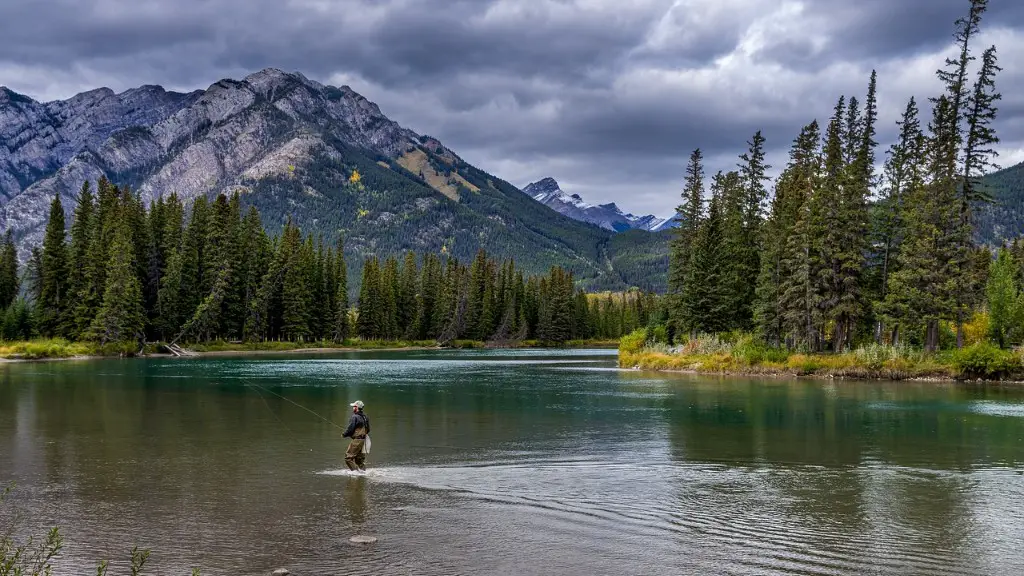What is a watershed?
A watershed is an area of land that is defined by the rivers and streams in the area. It is where water is naturally collected and drained away. All bodies of water in a watershed eventually feed into one larger body of water, such as an ocean or sea. The Mississippi River is one of the world’s largest watersheds, draining a substantial portion of the central United States.
The course of the Mississippi River
The Mississippi River begins in northern Minnesota and flows south for 2,340 miles, draining portions of Missouri, Arkansas, Illinois, Kentucky, Tennessee, and Mississippi before reaching the Gulf of Mexico. Along the way, it collects the waters of the Missouri River, the Ohio River, and the Arkansas River. It’s estimated that over 400 rivers and creeks eventually feed into the main river. This immense flow of water makes the Mississippi River a large and important watershed.
The importance of the Mississippi River
The massive volume of water flowing through the Mississippi River makes it a critical part of the United States’ hydrological system. It provides essential clean water to millions of people throughout the country, and supports numerous species of fish and aquatic organisms.
The Mississippi River is also an important source of revenue, providing fishing and other recreational opportunities. In addition, it helps to control the risk of floods, because the river acts as a natural buffer against high water levels.
Impacts of human activity on the Mississippi River watershed
Unfortunately, human activity has had a significant impact on the quality of water in the Mississippi River. Pollution from landfills, oil refineries, and wastewater treatment plants has caused the water to be polluted with various chemicals and substances. This has caused significant damage to the fish and other wildlife living in and around it. In addition, the growth of cities has caused the alteration of natural habitats for wildlife.
Environmental movements
Environmentally-conscious citizens and organizations have recently started to take action to address some of the environmental impacts of the Mississippi River, such as the Riverkeeper movement and other campaigns. These grassroots organizations have been extremely successful in raising public awareness and advocating for stricter regulations on polluters.
Government regulations
Government policies and regulations can also help to reduce the pollution of the Mississippi River. Several states along the river have enacted regulations to reduce emissions from industrial sources and to monitor water quality. The federal government has also passed legislation to strengthen the enforcement of laws and regulations regarding the pollution of the river.
Efforts to protect the Mississippi River
Overall, the efforts of environmental organizations, citizens, and governments have been effective in reducing the negative impacts of human activity on the Mississippi River. Ecosystems have recovered due to decreased pollution, and the river is being managed better. However, much work still needs to be done to ensure that the Mississippi River remains clean and healthy.
Economic benefits of protecting the Mississippi River
The Mississippi River provides numerous economic and social benefits to the region. A healthy watershed is essential to ensure sustained sources of clean water for drinking, recreation, industry, commercial fishing, and other activities. It is also important for the preservation of biodiversity and the sustainability of local communities.
Conclusion
The Mississippi River is a critical watershed for the United States. Its immense size, beauty, and importance make it a symbol of the nation’s natural heritage. In order to ensure its future health, it is essential to reduce human-induced pollution, restore and protect natural habitats, and strengthen governmental regulations to protect the river. With these efforts and the continued support of organizations, citizens, and the government, the Mississippi River can remain a source of pride and pleasure for generations to come.


